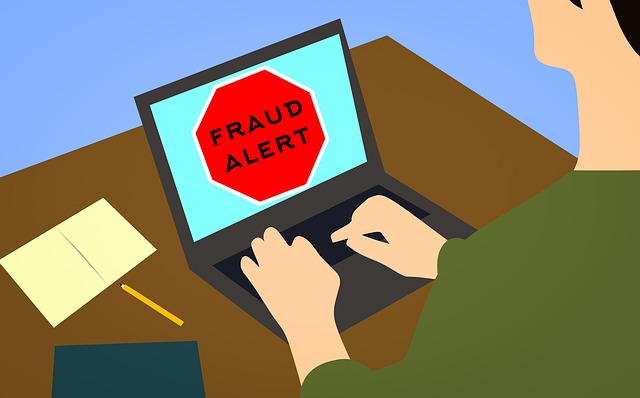It’s no surprise that cyberattacks cost businesses billions of dollars. While no one wants to imagine the worst case scenario, it’s crucial for schools to avoid the ‘secure enough’ attitude where a culture of safe, secure practices is lacking. With remote work now normalized, schools need to be aware of and communicate best cybersecurity practices for their employees.
Use unique, long passwords to prevent brute force password cracking, where a high speed computer will try every possible combination of letters, numbers, and symbols.
To test out the concept, this website lets you test the strength of your passwords against brute force attacks.
Avoid reusing the same password for multiple accounts. If hackers crack that password, all the accounts which use that password become vulnerable. Consider using a password manager to create and store unique passwords. These password managers such as 1Password, LastPass, or Bitwarden encrypt and store passwords in one place. To access your password vault, simply memorize and use one secure master password to log in.
It’s a myth that changing passwords frequently will reduce your chances of getting hacked. Why? Humans tend to conform to patterns and choose simple variations of the last password that are easy for them to remember. Only change passwords for necessary events such as employee turnover or a known data breach. You do not need to change strong, unique password.
Use secure connections such as a trusted network or VPN. A VPN will hide your internet activity and location to avoid being tracked (especially on public WiFi networks). For this reason, having your school provide a company VPN is particularly important cybersecurity practice for employees who work from home.
Another key factor is to keep all software up to date. This includes an anti-virus for your computer, as well as regular software updates for all your applications. At Compuwerx, we take this very seriously. Our tuition pay software stores student payment information, and conforms to the highest PCI standards in the industry.
Check for https: on websites before entering information. Websites with https: designate the secure transfer of information between the user and the website’s server. HTTPS uses SSL/TLS, a security protocol to encrypt and protect information from interception. This keeps usernames, passwords, credit card information, and sensitive data secure.
The last cybersecurity practice for schools is to always back up important data. In the event that information is hacked or lost, it is crucial to have a backup available. Sync.com is one of the best cloud storages for backup, collaboration and file sharing.
